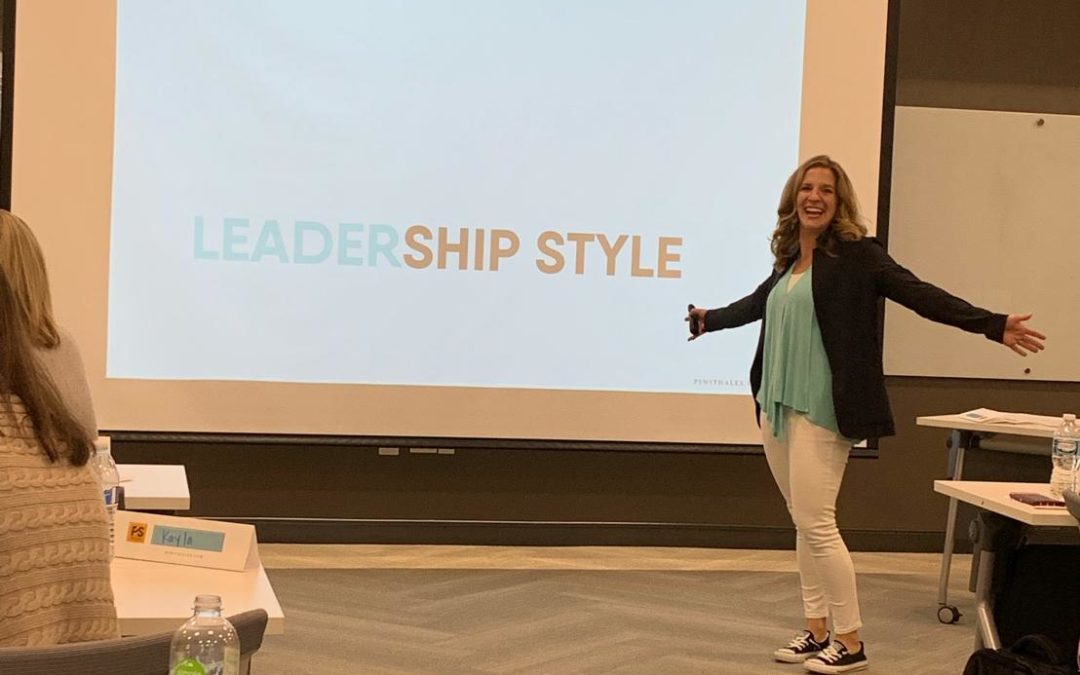As soon as I clicked post, my gut twisted. That’s not a good sign.
You see, I’m committed to telling you the truth about what it’s like to be a speaker, and I didn’t live up to that commitment.
I put up a post on LinkedIn about my success with my first live event. I call these posts the “obligatory, lookie what I did post.” full sarcasm intended and directed toward myself.
You know the kind of post I’m talking about.
The formula works like this;
1.) Do a thing (the event in my case).
2.) Insert picture of yourself doing the thing. Be sure that you’re smiling, because it has to look like fun. Scrollers are more apt to stop and read if it’s a picture that looks like fun. You want people to stop and see you did a thing.
3.) Write about the success of your thing. Including comments from others that support that the thing you did was AMAZING.
4.) Add hashtags. (wonder to self why this is a thing)
5.) Tag appropriate individuals to ensure as many people see your post as possible because that’s how the algorithm works. (you’ll tell yourself it’s to give them credit and make them feel included but you know in your heart that it’s a tool to get more views and likes).
6.) Hit post. (frantically check for typos, because inevitably there is one, hit edit, fix the typo and repost)
7.) Obsessively check your post for comments and likes for the next two days. (maybe it’s just me?)
It’s exhausting.
And it doesn’t paint the whole picture. You see, everything I wrote was true, but edited. The event was a success. People did have a great time.
But it wasn’t easy, and it wasn’t perfect. And I’m afraid my post might have led you to believe it was. What you didn’t see or read, because I didn’t show you or tell, was the other stuff that’s true about the thing that I did.
For example;
1.) My feet were swollen and had indentions from my chucks being too tight.
2.) The dark circles under my eyes because I’d been up since 4 a.m. obsessing over whether or not I had packed up everything correctly.
3.) The panic I experienced when I thought my participant count was off, which meant I wouldn’t have enough books for everyone.
4.) The shame I felt when I realized I’d forgotten to mark the room number appropriately on the invite, and one of my participants got lost.
5.) The feedback that doesn’t highlight my best work (e.g., “I found her pacing slightly distracting,” “there were several tangents” and “it wasn’t long enough”).
6.) The letdown and worry afterward. Did I include everyone enough? Did I explain this part well enough? I wonder if so and so was bored.
What’s the lesson here?
The work we do doesn’t have to be perfect to be a success.
It won’t be. It can’t be. Perfect doesn’t exist.
The challenges that come with, and from doing the work you love are what everyone else experiences, whether they tell you the truth about it or not.

